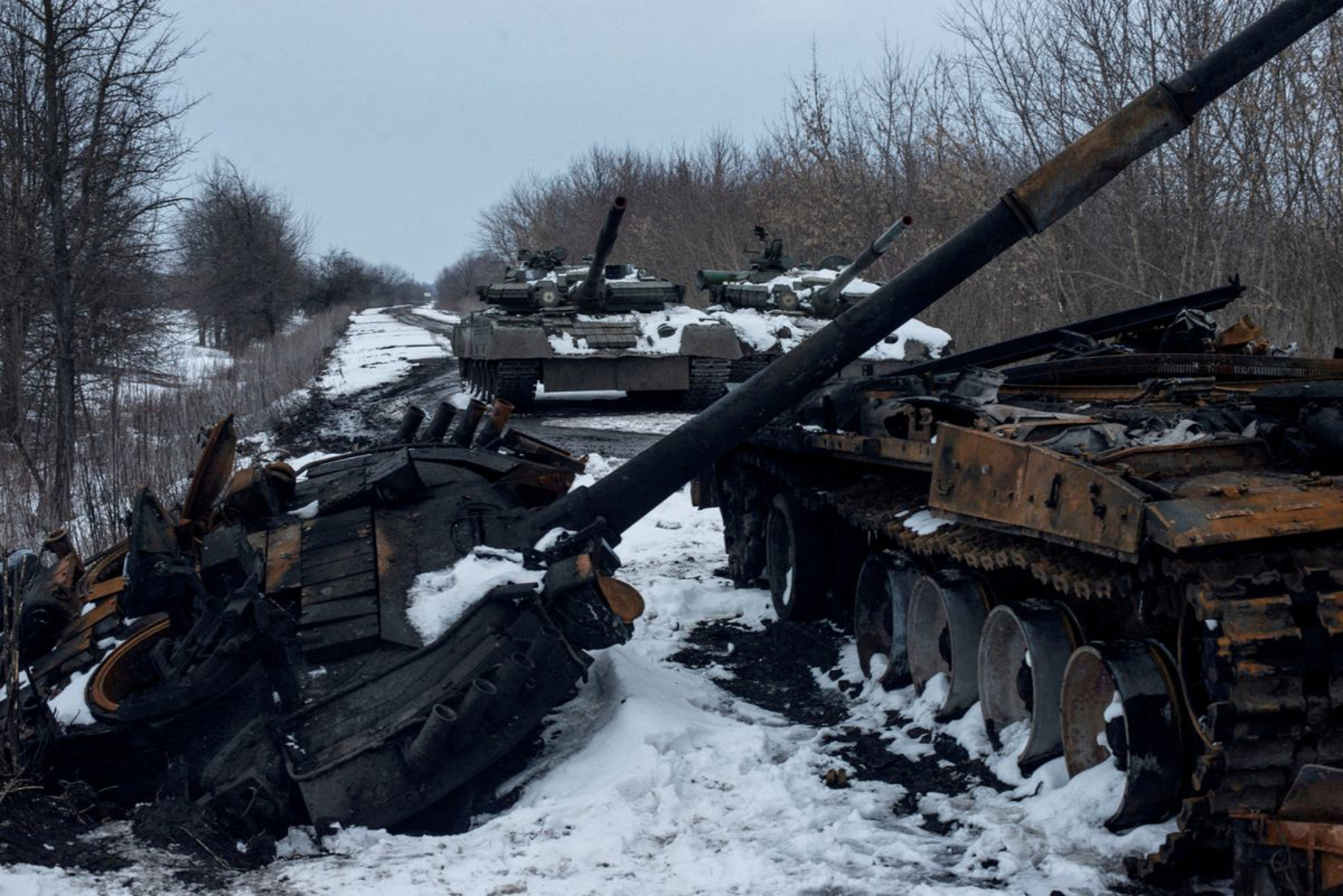The virtual seminar will be held from 12:30-2:00 p.m. ET.
Russia’s war against Ukraine so far suggests Russia is a weaker conventional military power than many had imagined. Rather than being a surprise, however, it seems to confirm a long history in U.S. foreign policy of overinflating Russia as a threat. Despite this, the Russian war has stoked pressures to increase U.S. and NATO allies military budgets. This may create a nuclear paradox, since to the extent that Moscow has difficulties in generating sufficient conventional military power to balance against NATO, it will lean more heavily on nuclear weapons. This suggests that a significant source of the threat of nuclear war now and in future could lie in the West’s overreaction to Russia’s aggression. This presentation will draw on a paper prepared in September 2022 for the Brown University Cost of War Project (available here).
ABOUT THE SPEAKER: Lyle Goldstein is Director of Asia Engagement at the Washington think-tank Defense Priorities and Visiting Professor at the Watson Institute for International and Public Affairs at Brown University. In 2021, Goldstein retired as a Research Professor after 20 years of service on the faculty at the U.S. Naval War College. He maintains expertise in both Chinese and Russian military strategic development, and also has expertise on particular issues in the China-Russia relationship.
